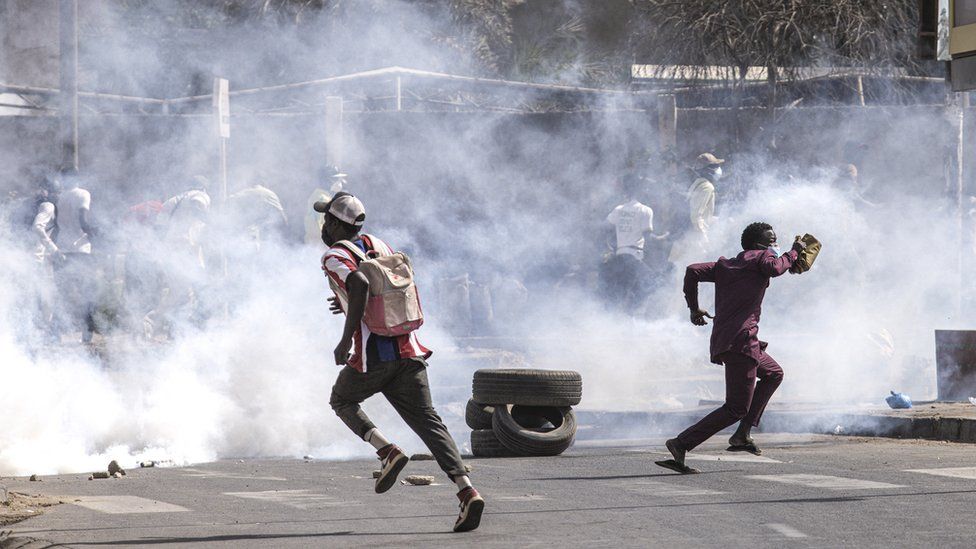-

-
-
Loading

Loading

Senegal's President Macky Sall has pledged to hold presidential elections as soon as possible after the country's top court, the Constitutional Council, blocked his plans to postpone the polls. The delay was initially announced by Sall on February 3, citing alleged corruption within the Constitutional Council as one of the reasons for not holding the elections on the scheduled date of February 25. Sall's party and his main opponent, Karim Wade, had accused the council of corruption. The exclusion of Wade from the electoral list prompted opposition and protests. The court's decision against the president suggests that the rule of law still functions in Senegal. The country's reputation as a stable democracy is important for the international community, especially as neighboring countries like Niger, Burkina Faso, and Mali are facing instability under military rule. Although the opposition and activists have welcomed the court's decision, the Constitutional Council has not always been popular. In 2012, it ruled in favor of then-president Abdoulaye Wade running for a third term, which triggered weeks of protests. Sall, who was elected the following month, had criticized the possibility of Wade extending his term during his campaign. Despite this latest ruling, some Senegalese voters remain frustrated as other main opponents, such as Ousmane Sonko, have been disqualified from the ballot due to convictions. Sall's tenure has been marked with accusations of curbing basic rights, but the court's decision demonstrates Senegal's ability to hold its leaders accountable and serve as an example to other West African countries.